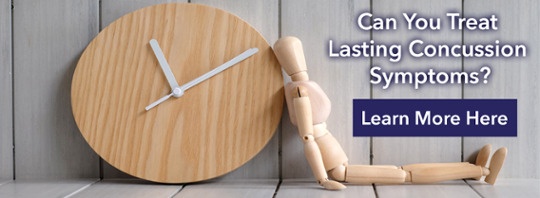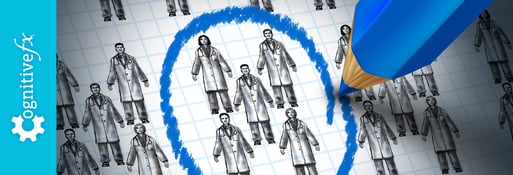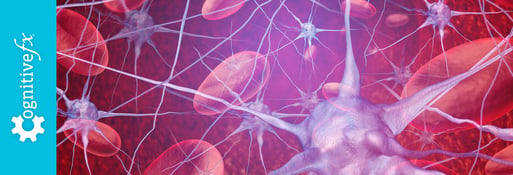A concussion is a traumatic brain injury (TBI) which is caused by the brain hitting the skull. This can happen in sports, car accidents, falling, or anything similar. A concussion can even be the result of a whiplash. Whenever the body moves quickly back and forth and the brain in turn hits the inside of the skull, it can result in a concussion. A concussion can cause damage to nerves and neurons, alter the blood flow in the brain, and cause chemical and functionality changes in the brain.
Both Post-Concussion Syndrome (PCS) and Chronic Traumatic Encephalopathy (CTE) are considered neurological disorders which are long-term effects of concussion(s). While both can have similar symptoms, it is important to note the differences between them. We will review the differences from cause to treatment between Post-Concussion Syndrome and CTE.
PCS & CTE – Causes
Post-Concussion Syndrome is a form of TBI and can be the result of one or multiple concussions. While it is still unclear what exactly contributes to an individual having PCS, it is important to follow the return to play protocol which appropriately helps individuals know when to rest and when to start being more active again.
Previously it was believed that 80%+ of individuals would recover from a concussion within a year or so.
Recent research done by Christine Mac Donald, PhD an Associate Professor in the Department of Neurological Surgery at the University of Washington is finding that “80% of blast concussion patients sought assistance for mental health issues by 5 year follow up BUT only 18% had sustained resolution of their symptoms.”[1]
While this research was specifically done with Military personnel it has important findings about those who sustain concussions and have PCS.
CTE is caused not only by multiple concussions but also by sub-concussive impacts to the brain, where the brain is jolted regularly, but not enough to cause concussion. CTE also seems to be the result over time as concussions resolve but then another concussion is sustained. There is still much we do not understand about CTE as research continues to explore this degenerative disorder.
PCS & CTE – Symptoms
PCS symptoms that continue after an injury can include:
- Memory Loss
- Headaches
- Inability to Focus
- Dizziness
- Sensitivity to Light/Noise
- Fatigue
- and More
Post-Concussion Syndrome can also influence one’s ability to live and enjoy life because the brain is simply not working properly.
CTE symptoms include:
- Problems with Anxiety and Depression
- Impulse Control
- and Mood Swings
These symptoms alone do not diagnose CTE and can be related to many other disorders and health concerns. If someone has these symptoms they may not necessarily have CTE.
PCS & CTE – Diagnosis
PCS is real and can be diagnosed by a healthcare professional. Typically, if concussion symptoms persist longer than 3 months a patient is diagnosed with PCS. Research is showing that these symptoms can last anywhere from months to years.
CTE is also real but cannot be diagnosed until after death with a brain biopsy. There is currently no other science-based method to officially diagnose CTE.
PCS & CTE – Treatment
PCS can be treated with the correct multi-disciplinary team and imaging technology that clearly assess brain function and dysfunction.
Since there is no known test to diagnose someone with CTE, treatment of CTE may be geared more towards reducing symptoms rather than fixing the brain.
Overall, PCS & CTE are both real effects of concussions. These diagnoses need to be taken seriously and can influence the quality of life not only for those dealing with the effects, but for their families and friends.
We have spent over a decade researching the brain and concussions. The more we continue to learn about the brain and PCS the more we realize how important it is to take care of your brain. We also know that being able to live your life to the fullest is very important. At CFX, we focus more on Post-Concussion Syndrome and other neurological disorders than CTE, as we have found a way to effectively measure treatment outcomes for those associated with PCS.
References:
[1] EVOLVE Study, Webinar Slides Pg. 50 (Available Upon Request)
Mac Donald CL, Barber J, Jordan M, Johnson AM, Dikmen S, Fann JR, Temkin N. Early Clinical Predictors of 5-Year Outcome After Concussive Blast Traumatic Brain Injury. JAMA Neurol. 2017 May 1. PubMed PMID: 28459953











